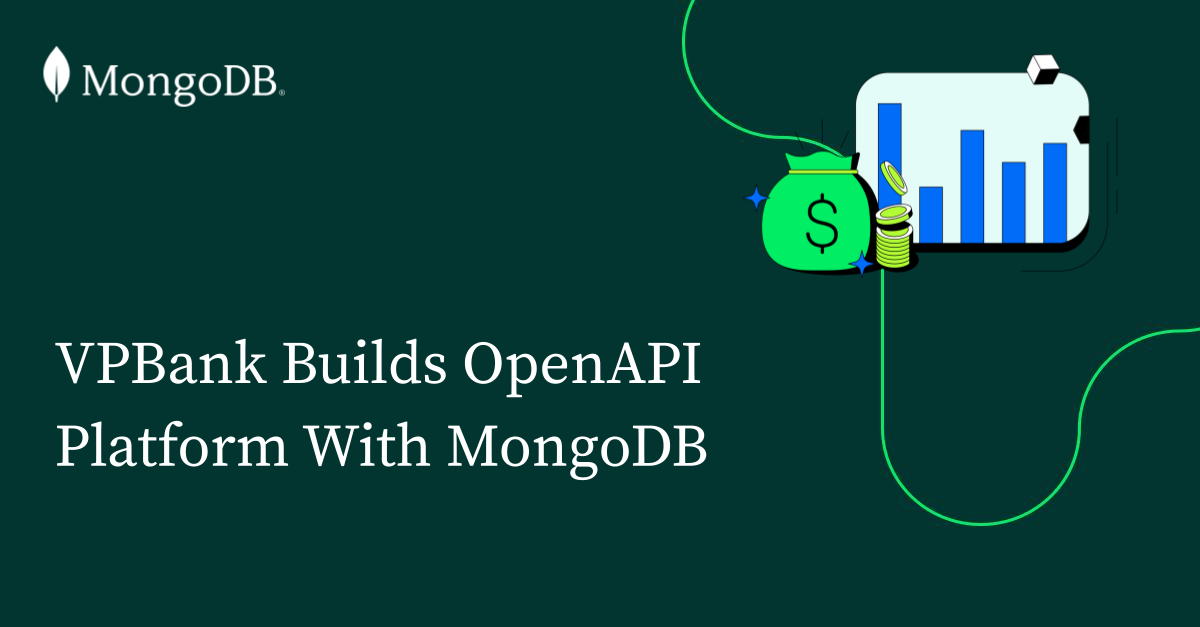Embracing AI Transforms Business Landscape

The integration of artificial intelligence (AI) into business operations is proving to be a game changer, as evidenced by recent findings from LinkedIn. This research reveals that a remarkable 51% of organizations reported a revenue increase of 10% or more following their adoption of generative AI technologies. This statistic serves as an early indication of the profound effects that AI can have on the corporate sector in the coming years, especially as these tools evolve in sophistication and teams become increasingly adept at utilizing them.
However, the impact of AI extends far beyond mere financial gains. Leaders who skillfully incorporate AI tools in ways that enhance their teams' inherently human skills are at the forefront of a new economic paradigm: the innovation economy. This emerging landscape places a premium on our unique human capabilitiesour capacity to invent, innovate, and collaborate. In this context, AI transcends its role as a time-saving device; it functions as an innovation accelerator. It empowers individuals from diverse backgrounds and job titles to bring their best ideas to fruition. According to the same LinkedIn research, a striking 70% of businesses utilizing generative AI are doing so primarily to foster innovation and creativity, surpassing the motivation to automate routine tasks.
To facilitate this transition toward AI integration, LinkedIn has partnered with Microsoft to offer a suite of free AI learning courses designed specifically for organizational leaders. These courses will be available at no cost until December 31, 2025, making them accessible to a wide range of professionals eager to enhance their AI skills.
One of the standout offerings is the AI for Organizational Leaders certificate, which comprises six carefully curated courses. This program guides leaders on making informed decisions about AI adoption and application within their organizations. It addresses critical themes such as the business implications of generative AI and strategies for driving growth in a competitive landscape. Noteworthy among these is the course titled Generative AI for Business Leaders, presented by LinkedIn's chief product officer, Tomer Cohen.
Additionally, the AI for Managers professional certificate is also available. This program focuses on practical strategies for managers to enhance their effectiveness with generative AI. The curriculum covers essential topics including improving the productivity of team and one-on-one meetings, delivering impactful feedback, and facilitating meaningful career discussions within an AI-enhanced context. This course aims not only to build individual managerial skills but also to foster a collaborative team culture centered around the responsible use of AI.
In collaboration with Microsoft, LinkedIn has also developed AI Skill Pathways. This initiative offers over 150 AI-related professional certificates, certification preparation materials, and learning paths tailored to specific roles and levels within the LinkedIn AI Upskilling Framework. As part of this initiative, 27 AI Skill Pathways will remain unlocked for access through July 31, 2025, allowing learners to develop, practice, and validate their AI competencies.
To gain insights into the state of AI skills in the C-suite, LinkedIn's Economic Graph researchers analyzed data from over one million senior leaders (including vice presidents and C-suite executives) across large companies (with over 1,000 employees) in 16 countries. These countries include Australia, Brazil, Canada, France, Germany, India, Ireland, Italy, Mexico, Netherlands, Singapore, Spain, Sweden, United Arab Emirates, United Kingdom, and the United States. They compared the prevalence of AI literacy skills among this group with that of other professionals.
In addition, a separate study involved 1,991 C-suite executives (including roles such as CEO, CHRO, CMO, CRO, and CTO) across nine countries: Australia, Brazil, France, Germany, India, Singapore, United Arab Emirates, United Kingdom, and the United States. This research, conducted by YouGov between November 26 and December 13, 2024, focused on businesses with a workforce of 1,000 or more employees.
Furthermore, the AI & the Global Economy Report leverages anonymized and aggregated data from the LinkedIn platform, which boasts more than 1 billion members and 67 million companies worldwide. This report provides an unprecedented perspective on how AI is reshaping the global economy and workforce dynamics. It also incorporates economic and survey analysis conducted by Access Partnership to elucidate the economic potential of generative AI, its current adoption status, and its implications for businesses. For those interested in understanding Access Partnership's methodology, further details can be found in their report.























